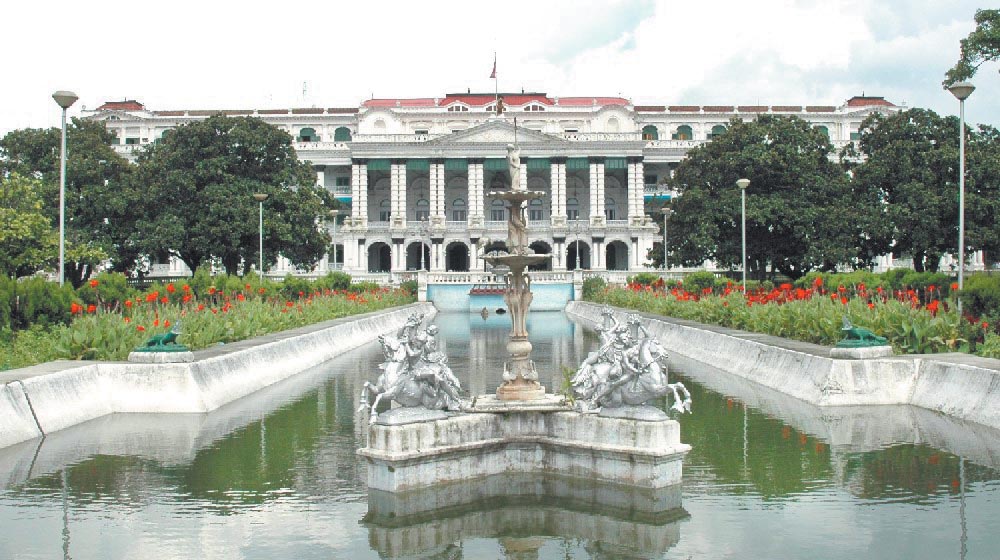Government preparing to send trained, skilled workers abroad for jobs
- The labour ministry’s plan to exclusively export skilled workers to foreign job destinations contradicts the govt’s policy of ending labour flight
Kathmandu, August 15
The government has introduced contradictory policies on overseas migration of Nepali workers with one ministry pushing for the creation of an environment to end labour flight and the other preparing to exclusively export skilled human resources in the next five years.
The budget for this fiscal introduced by Finance Minister Yubaraj Khatiwada clearly says Prime Minister Employment Programme will be launched to generate additional employment opportunities in the country to discourage people from seeking jobs abroad.
The government’s policies and programmes had even said the country would introduce policies to end overseas labour flight within the next five years.
However, the Ministry of Labour, Employment and Social Security today said it was planning to allow only skilled human resources to seek employment opportunities abroad, putting brakes on the outflow of unskilled and semi-skilled workers.
If everything goes as planned, the proposal to export skilled human resources will come into effect in the next five years, according to Labour Minister Gokarna Bista.
“The government will start providing skills training to overseas job aspirants to meet this goal,” the minister told the Parliamentary Industry, Commerce, Labour and Consumer Interest Committee.
The government is planning to provide skills training — which offers on-the-job training and internship facilities — to 50,000 youths this fiscal. To facilitate this process, the government is mulling over establishing employment information centres in all 753 local bodies. Currently, 14 employment information centres are operating throughout the country.
The government is also planning to establish skills development and training centres in Butwal and Itahari, while the entrepreneur development and training centre located at Bhainsepati would be transformed into national-level training institute, according to the minister.
The government intends to train 250,000 youths in the next five years. If training provided by private and community training centres are factored in, the number would double, according to the labour ministry.
The latest move comes at a time when most of the workers leaving the country for employment are unskilled. Around 4.3 million Nepalis are currently employed abroad, the labour ministry said.
The government has officially opened 110 countries for foreign employment, but Nepalis can work in up to 172 countries if they acquire work permit on individual basis. Of those working abroad, 74.5 per cent are unskilled, 24 per cent are semi-skilled and 1.5 per cent are skilled, the labour ministry informed.
These overseas migrant workers are the economy’s backbone, as the money they send home accounts for 26.3 per cent of the country gross domestic product.
“Many are forced to work abroad because of lack of jobs in the country,” Minister Bista said.
Although the government keeps track of Nepalis leaving the country for employment, it does not keep a record of those who return home from foreign labour destinations for good.
In this fiscal, the government is planning to establish a separate desk at the airport to keep a record of overseas migrants who return home and skill sets that they have acquired during their stay abroad.
After verification of skills, the government is planning to provide project loans, loan guarantees and entrepreneurship insurance coverage to 2,500 workers, who return home from abroad, in this fiscal to enable them to find a decent self-employment opportunity or start a business.
The government plans to verify the skills of all returnee overseas migrants within the next five years.






